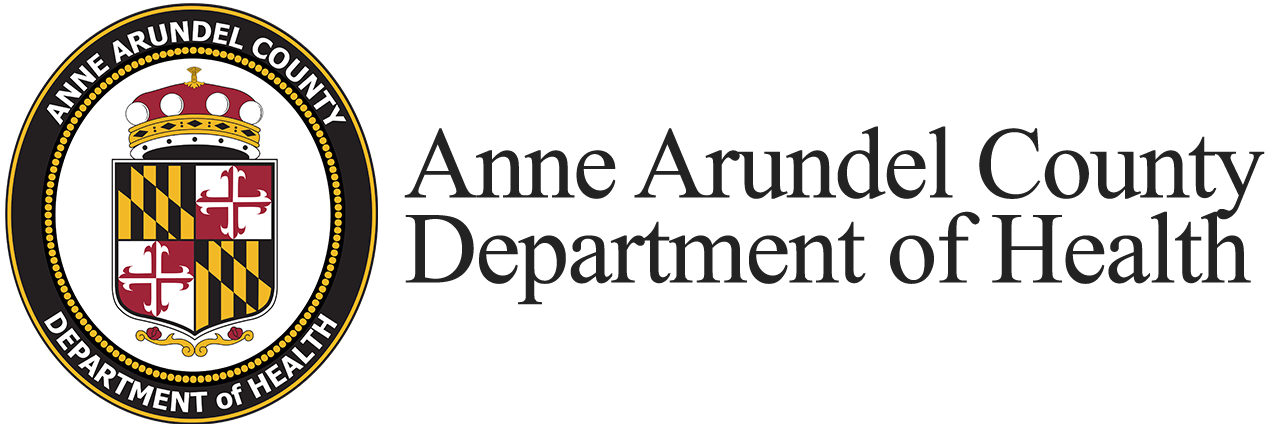What are Sexually Transmitted Infections (STIs*)?
Sexually transmitted infections are infections which can be spread by having anal, oral or vaginal sexual intercourse with an infected person. Some STIs are also spread by skin-to-skin contact.
Anyone who has anal, oral or vaginal sexual intercourse can get an STI and pass it to another person. If a mother is infected with an STI, she can pass it on to her baby. Many STIs have no symptoms, and people can have more than one STI at a time.
STIs can be viruses such as HIV, hepatitis B, genital warts (HPV) and herpes. They can also be bacteria such as chlamydia, gonorrhea and syphilis. Even parasites can be STIs, since scabies and lice can be passed on during sex. While it is usually spread by infected mosquitoes, Zika virus disease (Zika) can also be passed through sex.
Not all STIs can be cured, such as STIs caused by viruses. All sexually transmitted infections can be prevented.
Some STIs are:
- BV (Bacterial Vaginosis)
- Chlamydia
- Gonorrhea
- Herpes
- HIV/AIDS
- HPV (Human Papillomavirus)
- PID (Pelvic Inflammatory Disease)
- Syphilis
- Trichomoniasis
- Zika
*Note: The term sexually transmitted infections (STIs) refers to any infection that can be spread through sexual contact. These infections are often referred to as sexually transmitted diseases (STDs). The terms STI and STD have the same meaning.
How can I prevent getting an STI?
The best way to prevent getting an STI is to avoid sexual contact with an infected person. One way to do this is by practicing abstinence. Abstinence means not having sex with anyone. Another way to prevent getting an STI is by having only one partner who only has sex with you.
People who decide to have sex, especially those who have multiple partners, must be responsible for protecting themselves and others from infections. Do this by knowing the right way to use condoms, and use them every time you have sex. Condoms can help prevent the spread of STIs. Though not 100 percent effective, condoms are the best protection. Even if using another birth control method, use a condom if there is a risk of STIs during sex.
What do risky behaviors, such as drinking and taking drugs, have to do with STIs?
When you drink or do drugs, it is hard to make safe choices to protect your health and well-being. Not abusing alcohol or drugs is a very important part of preventing STIs.
How can I protect myself from getting an STI?
- Practice abstinence.
- Have sex with only one person.
- Be sure ALL sex partners are examined and treated if an STI infection occurs.
- Don’t use drugs or alcohol before having sex.
- Learn how to talk about condoms with all your sex partners.
- Use condoms the right way and use a new latex condom every time you have sex.
What if I have symptoms or think I have an STI?
The Department of Health’s STI Clinical Services provides quality screening, treatment and education services for County residents. Eligible individuals can be evaluated and treated by contracted medical providers. For more information on eligibility for STI Clinical Services, call 410-222-7382 or email STIServices@AACounty.org.
Current contracted medical providers are Priority Care Clinics in Severna Park and Bay Community Health (formerly Owensville Primary Care) in West River. For information on location, hours of operation and other services available at each site, please visit their web links above.
What is IWTK
IWTK provides easy, confidential, online ordering for free at-home specimen collection kits for genital, rectal, and/or oropharyngeal Chlamydia trachomatis and Neisseria gonorrhoeae. In addition, all vaginal specimens are tested for Trichomonas vaginalis. Once participants order and receive their kits and instructions in the mail, they collect their own specimens at home, mail them back to the Johns Hopkins International STD laboratory for testing, and are notified via text or email when their test results are ready for viewing. They are referred for free or low-cost treatment at a site they pre-select when ordering their kit.
How do I tell my partner I have an STI?
Partner Counseling and Referral Services are provided by a specially trained person who helps people diagnosed with syphilis or HIV/AIDS let their sex partner or other contacts know if they should be tested. This is done without naming the person who was diagnosed with the illness. Call 410-222-7382 and ask for the staff person who does “Partner Notification” or email STIServices@AACounty.org.
Physicians may request the assistance of the Anne Arundel County Department of Health in order to provide services for clients and their respective partners who are at risk or test positive for syphilis or HIV/AIDS. Services include providing referral services for counseling, testing, education, partner notification and case management. For more information about available services, call the HIV Program at 410-222-7108.
STI Resources
- Sexually Transmitted Infections (STIs)
- Maryland Department of Health, Center for STI Prevention
- Center for Young Women’s Health
- HIV/AIDS & STI Hotlines & Websites
Related Topics
- Sexual Assault
- Family Planning/Contraception
- Tips for Parents On Talking to Your Teens About Sex
- Diseases and Conditions
For more information or to request services, call:
Anne Arundel County Department of Health
HIV/STI Education and Prevention Program
1 Harry S. Truman Parkway
Annapolis, MD 21401
HIV/AIDS Programs – 410-222-7108
STI Prevention and Care Program – 410-222-7382
TTY: 410-222-7153
Monday – Friday, 8:00 a.m. – 4:30 p.m.
